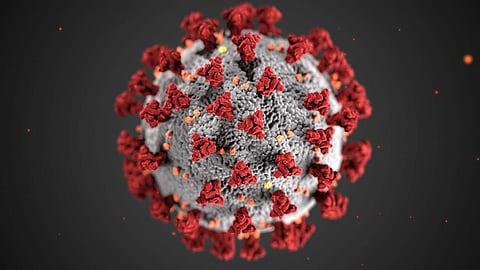

Researchers at the Indian Institute of Sciences Bengaluru (IISc) claim that they have a non-invasive but effective way to test for COVID-19. Their diagnostic tool named Coswara can detect whether you have covid by merely listening to your inspiration, cough and how you speak.
The researchers have been working on Coswara since April 2020, reported Bangalore Mirror. They also said that the test data says that it can provide "70 to 80 per cent accuracy against the RT-PCR gold standard". "Given the highly simplistic nature of sound-based testing, the tool has the potential to evolve into effective diagnostic equipment,” Sriram Ganapathy, head of the Coswara project told the media. “The development of the backend model will be integrated into the existing web tool. Once the models are finalised, we will proceed to seek formal approvals from agencies like the Indian Council of Medical Research (ICMR). Following approval, the tool will be made available to users, free of cost. The exact timelines are difficult to predict as they are contingent on government agency approvals,” he added.
Massachusetts Institute of Technology (MIT) has a similar innovation. Their Artificial Intelligence (AI) model detects asymptomatic COVID-positive patients through their cough recordings, which is very similar to Coswara.
But that's not all, many scientists in South Africa have used Coswara data and built a diagnostic tool for COVID-19, Sriram said. “Further, the data we collected and analysed has also been released to researchers across the world as a special session challenge in an upcoming conference. This ongoing challenge, termed the DiCOVA challenge is witnessing widespread participation from the scientific community in the biomedical field from India and across the world. The progress made in this special session (concluding by end of March) would further ramp up the efforts in tool development and advance the detection accuracy,” he told Bangalore Mirror.
